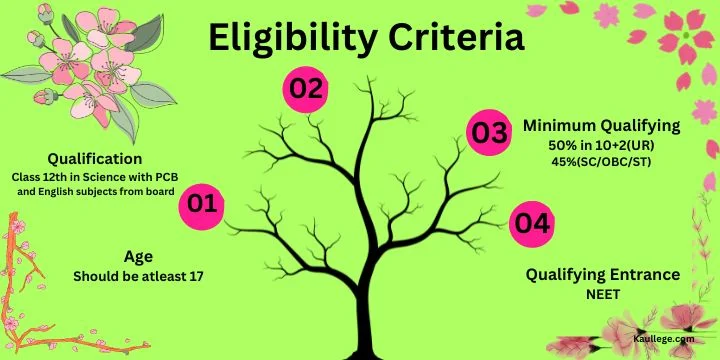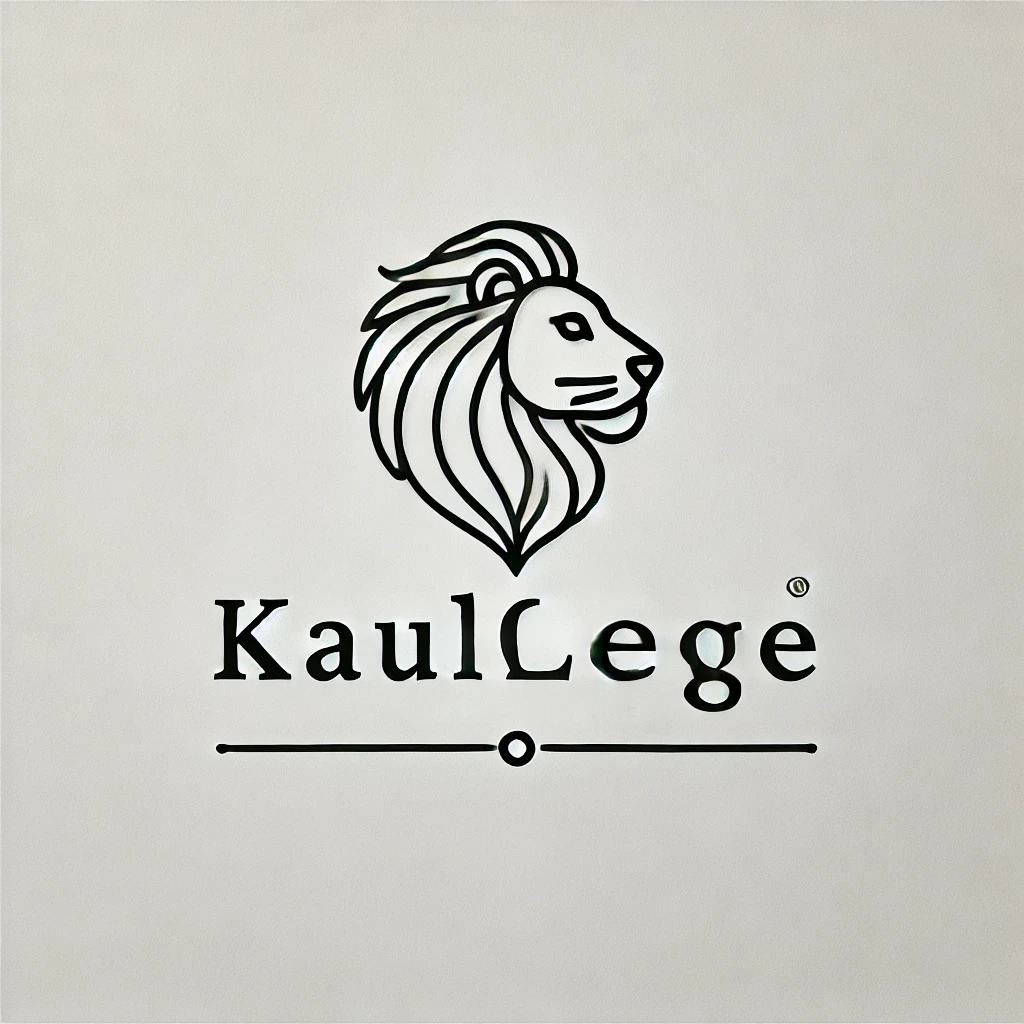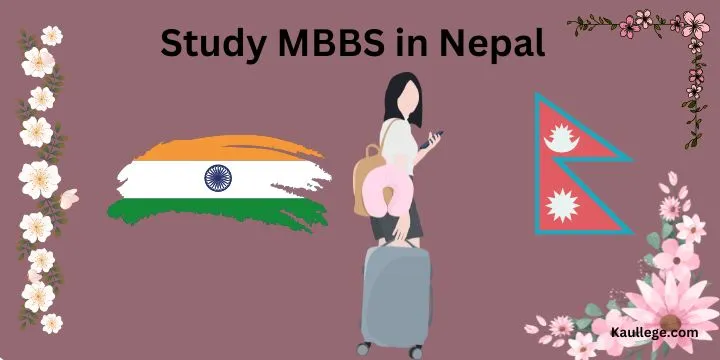If you are contemplating the pursuit of an MBBS degree abroad but prefer a nearby location, consider studying MBBS in Nepal. However, this country provides high-quality medical education at competitive prices and is recognized among the leading medical institutions worldwide. The total tuition fees for the entire program typically range from 40 to 60 lakhs, coupled with a relatively low cost of living, resulting in a significantly lower overall expenditure compared to other nations. Indian students who choose to study MBBS in Nepal enjoy a rich cultural experience, as the diverse traditions as well as natural beauty of Nepal greatly enrich their educational journey. Meanwhile, Nepal is ranked among the top five countries for Indian students seeking affordable MBBS programs abroad.
The medical schools in Nepal are accredited by esteemed organizations such as the World Health Organization (WHO), the United Nations Educational, Scientific and Cultural Organization (UNESCO), and the National Medical Commission (NMC), ensuring their high standards are widely acknowledged. Likewise, students planning to enroll in the MBBS program in Nepal for the 2025–26 academic year should seriously consider this attractive opportunity. With its exceptional quality of medical education as well as affordability, Nepal stands out as an ideal choice for those seeking a comprehensive and value-oriented educational experience.
About Nepal
Before embarking on further studies, it is essential to gain an understanding of the country. Further, Nepal is located in Asia, nestled along the southern slopes of the Himalayan Mountain range. This landlocked nation in South Asia shares its borders with China to the north as well as India to the south, east, and west. However, Nepal is celebrated for its stunning natural landscapes, including the Himalayas, which are home to eight of the ten highest peaks in the world, including Mount Everest, the tallest mountain globally. As a favored tourist destination, Nepal draws visitors from all corners of the globe.
| Population | 30,666,598 |
| Area | 147,516 km2 (56,956 sq mi) |
| Capital City | Kathmandu |
| Language | English & Nepali Language |
| Climate | Warm, Dry summers and Fairly Severe Winters |
| Literacy Rate | 71.15% |
| Time Zone | UTC+05:45 (Nepal Standard Time) |
| Currency | Nepalese rupee (NPR) |
| Religion | 81.19% Hinduism 8.21% Buddhism 5.09% Islam 3.17% Kirant 1.76% Christianity 0.35% Prakriti 0.23% Bon 0.01% Jainism |
Quick Facts
Before delving into the detailed information regarding MBBS in Nepal, let us first review some quick facts.
| Particulars | Descriptions |
| Courses Offered | Bachelor of Medicine and Bachelor of Surgery (MBBS) |
| Courses Duration | 5 Years + (1 Year Internship) |
| Basic Eligibility | 50% in 10+2 (UR) 45% (SC/OBC/ST) |
| Medium of Teaching | English and Nepali Language |
| Universities Recognition | NMC, WHO |
| Minimum Course Fee (Approx.) | 8.10 Lakhs/ Year |
| Maximum Course Fee (Approx.) | 9.50 Lakhs/ Year |
| Cost of Living in Nepal | 5-10 thousand/Month |
| Entrance Exam | NEET (Qualified Only) |
Recognition and Affiliation
The evaluation of affiliation, recognition, and related parameters is paramount in determining the quality of a medical college. The MBBS colleges in Nepal are affiliated with the following authorities:
- Ministry of Education, Nepal
- National Medical Commission (NMC)
- World Health Organization (WHO)
- Educational Commission for Foreign Medical Graduates (ECFMG)
- World Federation for Medical Education (WFME)
- At last, Foundation for Advancement of International Medical Education and Research (FAIMER)
Reasons to Pursue MBBS in Nepal
It is a common aspiration among students to seek admission to esteemed universities for medical education. Meanwhile, currently, numerous students are enrolling in MBBS programs at medical universities in Nepal. Further, several factors contribute to the preference for Nepal’s medical institutions. Indian students are particularly drawn to study MBBS in Nepal due to the high-quality education offered, diverse learning methodologies, opportunities for innovation, and the presence of a disciplined faculty in an ideal learning environment.
One of the significant advantages of studying MBBS in Nepal for Indian students is the affordability of education, which is generally lower than that of many private medical colleges in India. Several top universities in Nepal are recognized by the NMC and international organizations such as the WHO. Furthermore, English serves as the primary medium of instruction in Nepal’s medical colleges, facilitating easier enrollment for Indian students. The quality of medical education in Nepal is commendable, supported by a robust academic framework.
Admission Process
To secure admission to a medical college in Nepal, candidates must successfully pass the National Eligibility Entrance Exam (NEET).
Eligibility Criteria
Nepal has emerged as a leading destination for international students seeking medical degrees. If you are considering studying MBBS in Nepal, please review the eligibility criteria outlined below, such as:
| Particulars | Description |
| Age | Your age should be at least 17 on or before 31st December of the admission year |
| Qualification | Class 12th in Science, with PCB and English subjects from a board recognized by the authorities in India |
| Minimum Qualifying (%) | 50% in 10+2 (UR) 45% (SC/OBC/ST) |
| Qualifying Entrance | NEET |
| Admission Starts | February to September |
Visual Overview of Admission Requirements

Necessary Documentation
Prior to enrolling in medical colleges in Nepal, it is essential to ensure that you possess all the requisite documents.
- Passport (with a minimum validity of 18 months).
- Class 10 Completion Certificate and Mark Sheet.
- Class 12 Completion Certificate as well as Mark Sheet.
- Birth Certificate.
- Ten passport-sized photographs.
- Official invitation letter from the Medical University in Nepal.
- Authentication of all documents by the Ministry of External Affairs, New Delhi.
- Legalization of all documents by the Nepal Embassy.
- Visa application fees.
- Bank receipt for the first-year tuition fee (required by certain universities).
- HIV test results.
MBBS Curriculum in Nepal
Before traveling to Nepal for medical education, it is advisable to compare the MBBS curriculum of several top-ranked, NMC-approved medical colleges in Nepal.
| Phase | Semesters | Subjects Covered |
| Pre-clinical | 1 – 2: Two Semesters | Anatomy, Bio-chemistry, Physiology |
| Para-clinical | 3 – 5: Three Semesters | Community Medicine, Forensic Medicine, Pathology, Pharmacology, Microbiology, Clinical postings inwards |
| Clinical | 6 – 9: Four Semesters | Community Medicine, Medicine and allied subjects, Obstetrics and Gynaecology, Paediatrics, Surgery and allied subjects, Clinical postings |
Leading MBBS Institutions in Nepal and Their Fee Structures
The Medical Council of India has released the updated list for 2025-26, detailing all medical or MBBS colleges in Nepal. For comprehensive information regarding fee structures, available courses, admission processes, placement statistics, cut-off scores, facilities, as well as thorough college reviews, please click on the respective college links.
Please note that the fees listed are approximate and may be subject to modification.
Leading MBBS Institutions in Nepal Fee Structure (Visual Overview).
| S.NO. | Name of the College | Tuition Fees (Total)* | Hostel Fees (Per Year)* |
| 1 | Patan Academy of Health Sciences Nepal | USD– 70,000 INR– 58,10,000 | N/A |
| 2 | Kathmandu University Nepal | USD– 66,642 INR– 55,31,200 | N/A |
| 3 | BP Koirala Institute of Health Science Dharan | USD– 70,000 INR– 58,10,000 | N/A |
| 4 | Tribhuvan University Nepal | USD– 70,000 INR– 46,00,000 | N/A |
| 5 | Manipal Medical College Nepal | USD– 75,000 INR– 62,25,000 | USD– 1,013 INR– 84,079 |
| 6 | KIST Medical College Lalitpur | USD– 68,243 INR– 56,64,169 | N/A |
| 7 | Nepalgunj Medical College | USD– 67,470 INR– 56,00,000 | N/A |
| 8 | College of Medical Sciences Bharatpur | USD– 65,948 INR– 54,73,600 | USD– 979 INR– 81,257 |
| 9 | Nobel Medical College | USD– 62,651 INR– 52,00,000 | USD– 1157 INR– 96,031 |
| 10 | Lumbini Medical College | USD– 60,241 INR– 50,00,000 | USD– 1807 INR– 1,49,981 |
| 11 | Universal College of Medical Sciences Bhairahawa | USD– 72,289 INR– 60,00,000 | N/A |
| 12 | Birat Medical College | USD– 75,001 INR– 62,25,083 | USD– 1762 INR– 1,46,246 |
| 13 | Devdaha Medical College And Research Institute | USD– 57,831 INR– 48,00,000 | USD– 543 INR– 45,069 |
| 14 | Chitwan Medical College | USD– 70,482 INR– 58,50,000 | Including tuition Fees |
| 15 | National Medical College | USD– 66,264 INR– 55,00,000 | USD– 2415 INR– 2,00,445 |
| 16 | Gandaki Medical College | USD– 60,241 INR– 50,00,000 | N/A |
| 17 | Janaki Medical College | USD– 60,241 INR– 50,00,000 | N/A |
| 18 | Nepal Medical College | N/A | N/A |
| 19 | Nepalese Army Institute of Health Sciences | USD– 25,000 INR– 20,75,000 | N/A |
| 20 | Kathmandu Medical College | USD- 66,265 INR- 55,00,000 | USD- 1735 INR- 1,44,005 |
The Leading Five MBBS Institutions in Nepal
The Nepal Medical Council (NMC) has officially released the updated list of Medical or MBBS Colleges for the academic year 2025-26, such as:
| College Name | Course Offered |
| Institute of Medicine, Kathmandu | MBBS (5 Years + 1 Year Internship) |
| B.P. Koirala Institute of Health Sciences | MBBS (5 Years + 1 Year Internship) |
| Kathmandu University | MBBS (5 Years + 1 Year Internship) |
| Patan Academy of Health Sciences | MBBS (5 Years + 1 Year Internship) |
| Manipal Medical College | MBBS (5 Years + 1 Year Internship) |
| College of Medical Sciences | MBBS (5 Years + 1 Year Internship) |
Career Prospects
Upon successful completion of the MBBS program, students have the opportunity to pursue post-graduate studies, provided they pass the medical licensing examination in their respective countries. Colleges offer comprehensive support for USMLE preparation. Additionally, clinical rotation programs are available internationally. Indian students can return to India after successfully passing the NEXT examination.
Pros and Cons of Pursuing MBBS in Nepal
It is noteworthy that the Ministry of Education in Nepal oversees educational policies; however, all colleges and universities are publicly funded and supported by taxpayer contributions. Nepal ranks as the eleventh most common country of origin for international students in the United States. What are the advantages as well as disadvantages of studying MBBS in Nepal? Below are several key points regarding the benefits and challenges of this educational path:
Benefits of Studying in Nepal
Indian students seeking admission are enrolled in institutions recognized by the Medical Council of India for the screening tests administered by the NMC. The tuition fees are comparatively low and manageable. Additionally, the cost of living for students is also quite affordable. MBBS programs in Nepal are conducted in English, which is one of the most widely spoken languages globally. Hostel facilities are comfortable as well as designed to meet students’ needs.
Challenges of Studying in Nepal
Given that Nepali is the local language, students may encounter language barriers outside the university environment. Meanwhile, there may be a need for additional effort to learn the Nepali language outside of class hours. Likewise, the country’s climate tends to be cold for a significant portion of the year, which may pose adaptation challenges for students. Those intending to study while working to support their expenses may find it difficult, as this requires a high level of self-discipline and focus.


Leave a Reply